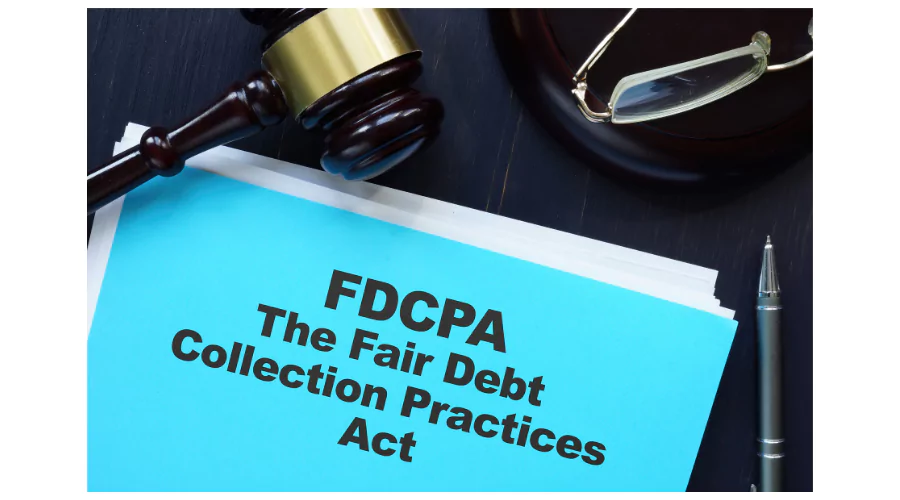Encountering CCS Offices (Credit Collection Services) in your financial journey can evoke a mix of apprehension and uncertainty, especially when faced with unexpected calls or correspondence regarding debt collection. Operating within the financial ecosystem, CCS Offices is instrumental in recovering debts for various creditors, embodying a crucial facet of credit management. This exposition is crafted to alleviate concerns for those contacted by CCS Offices, elucidating the agency’s operational ethos, the rationale behind their outreach, and strategies for engaging with them constructively. Grasping the essence of CCS Offices’ operations and their reasons for contacting you demystifies the debt collection process, empowering you with the knowledge to navigate these interactions with poise and informed confidence.
What is CCS Offices?
CCS Offices, or Credit Collection Services, is a prominent debt collection entity serving a crucial role in the credit industry. Engaging with a broad spectrum of debt types, including consumer credit card debt, medical bills, and various unsecured obligations, CCS Offices facilitates the recovery process for creditors across multiple sectors. Here’s a concise breakdown of the key aspects that define CCS Offices and its operations:
- Industry Wide Presence: CCS Offices works with healthcare, telecommunications, and utilities sectors to manage and recover debts.
- Debt Collection Specialization: Primarily focuses on collecting consumer credit card debts, medical bills, and other unsecured loans.
- Operational Role: Serves as an intermediary between creditors and debtors, securing debt repayment legally and compliantly.
- Consumer Engagement: Contacts individuals owing debts, employing communication strategies designed to encourage settlement of outstanding amounts.
- Regulatory Adherence: Adheres to federal and state debt collection laws, guaranteeing fairness and respect in all interactions.
Understanding Why CCS Offices Is Contacting You
When CCS Offices reaches out to you, it’s primarily because they’ve assumed responsibility for a debt you’re associated with. This transition of debt from the original creditor or another collection agency to CCS Offices can occur for several reasons, most notably due to the original creditor’s unsuccessful attempts at debt recovery. Recognizing your debt’s transfer to a collection agency like CCS Offices is crucial for effectively addressing the situation. Understanding that the agency’s communication aims to manage and recover debts for creditors, not arbitrary, is important. This understanding is crucial as it lays the foundation for your response and guides the course of action you should take.
Responding to CCS Offices necessitates a measured and informed approach. Initially, it’s crucial to verify the debt’s legitimacy, including the amount and creditor, to understand the specifics. This verification ensures not just the debt’s existence but also its accuracy and the agency’s right to collect. Knowledge of your rights under laws like the Fair Debt Collection Practices Act (FDCPA) is instrumental in navigating these interactions. The FDCPA provides a protective framework for consumers, outlining what debt collectors can and cannot do, thereby empowering you with the ability to engage with CCS Offices from a position of informed strength. Armed with this knowledge, you can proceed to address the debt in a manner that aligns with your financial situation, whether through disputing inaccuracies, negotiating payment terms, or exploring other resolution options.
Responding to CCS Offices
Effectively handling CCS Offices requires a strategic approach to protect your rights and address the debt. Start by requesting a debt validation letter, which CCS Offices must legally provide, detailing the debt amount and original creditor for accuracy verification. It’s essential to understand your rights under the Fair Debt Collection Practices Act (FDCPA), which includes protections against harassment. If the debt is accurate, try negotiating a payment plan or settlement that fits your budget. Open communication with debt collection agencies may result in better terms and prevent issues. For disputes or issues with collection tactics, consulting a consumer rights attorney or debt counseling service for support is advisable.
Rights and Protections

Navigating a conversation with CCS Offices or any debt collection agency can be daunting, but knowing your rights under the Fair Debt Collection Practices Act (FDCPA) is empowering. This federal law dictates debt collector operations, ensuring consumers’ fair treatment and protection from abusive practices. Here’s a guide to your FDCPA rights, equipping you with the knowledge for confident and effective interactions:
- Right to Privacy: Debt collectors cannot disclose your debt to third parties, such as family, friends, or employers.
- Communication Rules: You can request a debt collection agency to avoid contacting you at inconvenient times or places, like work.
- Debt Validation: Within five days of contact, collectors must detail the debt, creditor, and your dispute rights in writing.
- Dispute the Debt: If the debt seems incorrect, dispute it in writing within 30 days of the validation notice receipt.
- Protection from Harassment: The FDCPA prohibits collectors from using abusive, unfair, or deceptive practices, including threats, harassment, or public shaming.
- Legal Recourse: Sue CCS Offices in federal or state court within one year if they violate your FDCPA rights.
Empowerment Through Understanding
Understanding the role of debt collection agencies and knowing your rights is crucial for confident management of these interactions. By demystifying the reasons behind their contact and outlining effective response strategies, this article aims to equip you with the knowledge to handle communications with any debt collection agency assertively and informedly. Knowing your rights under the FDCPA empowers proactive engagement, protecting your rights and financial well-being in these situations.
If a debt collection agency has reached out to you, approach the situation with the insights and strategies discussed here. Verify the debt, assert your rights, and explore resolution options with clarity and confidence. Remember, knowledge is your best defense and tool for navigating the complexities of debt collection.
